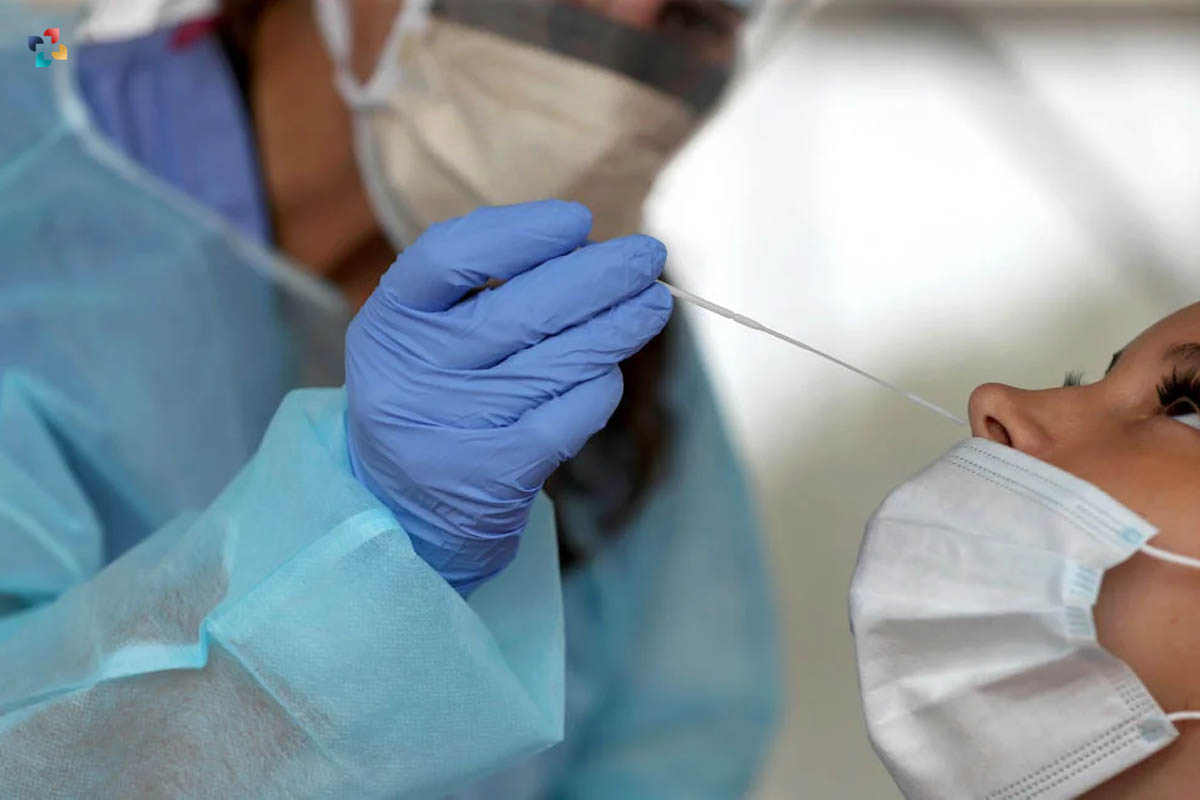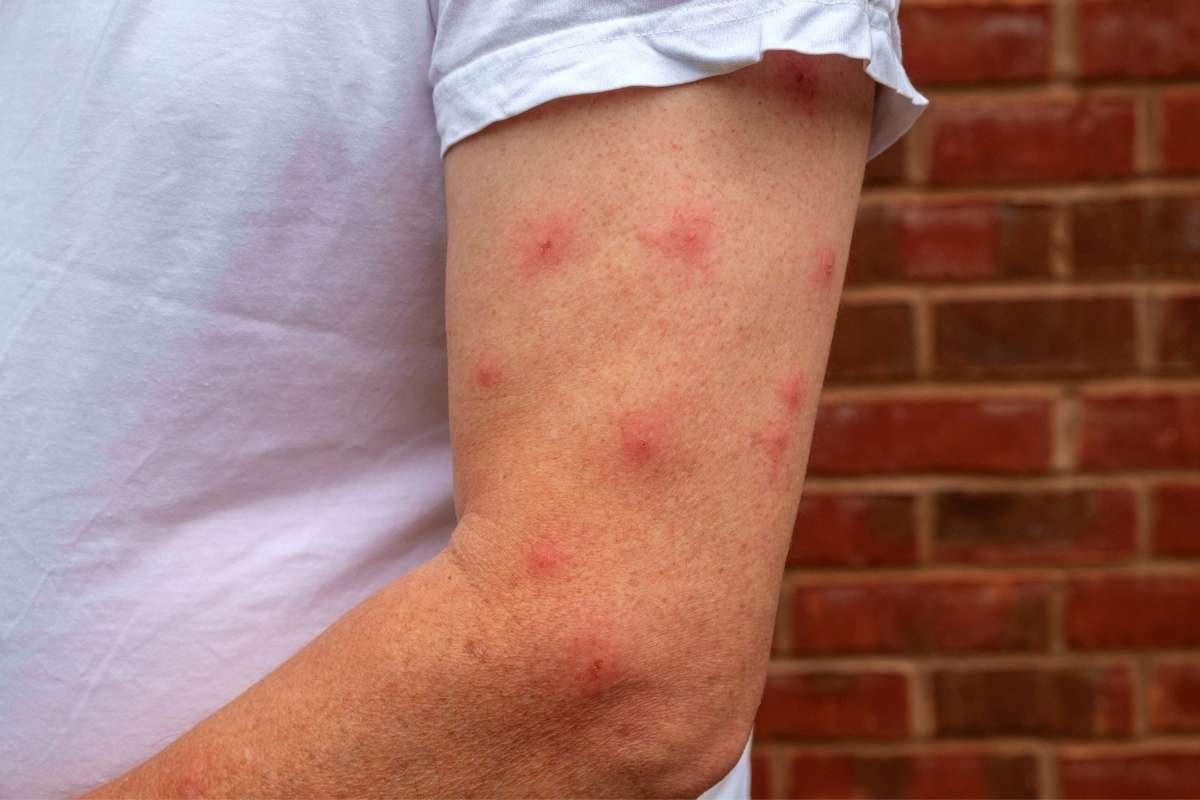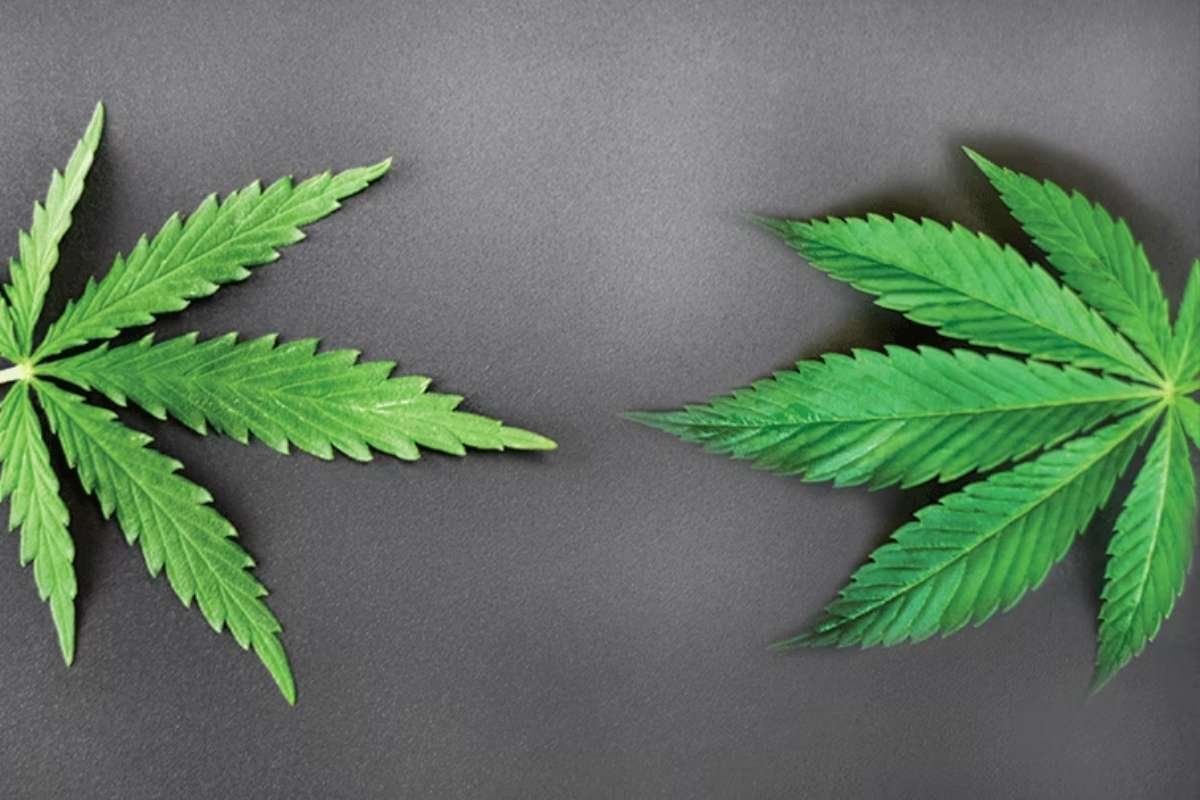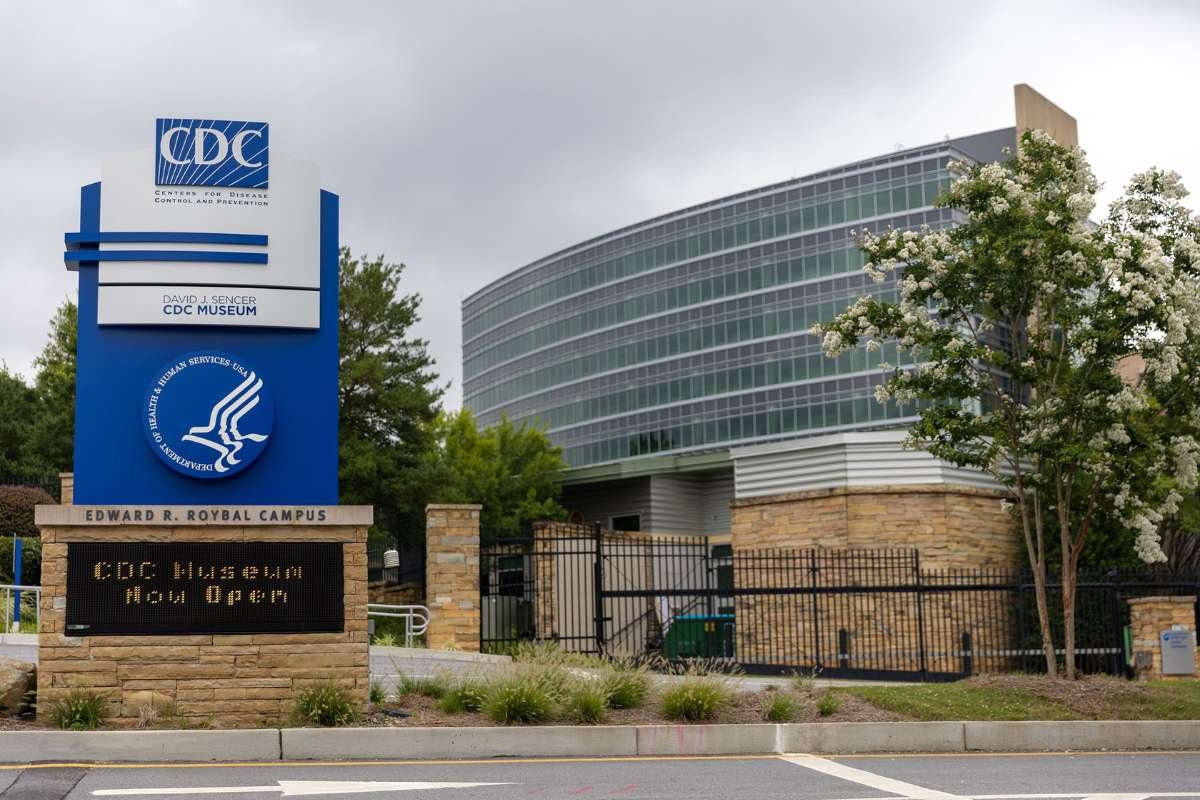COVID-19 testing has come a long way since March. In just a few months, experts have been able to understand this virus enough to know how to identify its presence with a simple test.
With different types of testing options available, there are many questions that have come up about the accuracy of the testing and even when it is necessary to get a COVID test.
Here are 10 Things You Need to Know About COVID-19 testing;
1. Can you describe the process that takes place during a COVID-19 nasal swab test? How does COVID-19 testing work?
The person who is doing the test will place a long stick with a very soft brush on the end — similar to a pipe cleaner — up your nose and rotate it for a few seconds while doing the test. The gentle bristles will gather a sample of the secretions that are located there for further examination.
To acquire a very excellent specimen, the swab has to reach rather far back because cells and fluids need to be gathered from throughout the whole pathway that links the bottom of the nose to the back of the neck. This is necessary in order to ensure that the sample is accurate.
However, since the body is not used to having anything in that location, it results in a wide variety of feelings that are highly strange. To begin, it stimulates the lachrymal reflex, which, in the event that it is performed appropriately, will cause one to experience tearing in the eye(s).
Although I wouldn’t go so far as to say that it hurts, it certainly is unpleasant. Because the swab will also contact the back of the throat, it has the potential to set off the gag reflex as well.
2. Are there any further kinds of COVID-19 testing that may be performed?
Yes, it is possible to do tests on other sorts of specimens that are less intrusive, such as a swab taken from the throat. However, the COVID-19 nasal swab test is more sensitive than these other tests. Another sort of material that is being investigated is saliva, although the results of those tests have not yet been tallied.

The first findings have a very encouraging appearance. However, we are currently awaiting the results of bigger investigations to determine whether or not these preliminary findings are accurate.
3. What about COVID-19 exams that may be done at home? Is it possible to rely on their findings?
The person doing the test at home is normally responsible for collecting their own samples and then sending them off to a laboratory for analysis. Although the idea of testing for COVID-19 in the privacy and convenience of your own home seems very enticing, the quality and dependability of at-home test kits are still a mystery at this point.
4. If I have reason to believe that I should be tested for COVID-19, what steps should I take?
A COVID-19 nasal swab test is one that requires a prescription from a medical professional. Get in touch with your primary care physician or go to a clinic that provides testing if you have any reason to believe that you may need to be screened for COVID-19.
5. Does MD Anderson do COVID-19 testing on its patients who have cancer?
Before undergoing surgery or other operations, as well as before receiving certain therapies, the clinical teams that we employ may decide to have patients undergo COVID-19 testing at MD Anderson. Vaccination against COVID-19 does not remove the need for testing in any of these medical circumstances.
6. If I am not currently being treated at MD Anderson, where can I go to receive a COVID-19 nasal swab test?

Consult your primary care physician for guidance on the matter. The COVID-19 testing and nasal swab test are provided by a great number of primary care doctors, as well as urgent care facilities, walk-in clinics, and local testing sites.
7. How reliable are nasal swab tests using the COVID-19 virus?
To answer such a question would be simple as well as challenging all at the same time. The test that is performed most often in clinical labs is one that is very sensitive.
It is a particular kind of nucleic acid test that is referred to as a “PCR assay,” which is an abbreviation that stands for “polymerase chain reaction.” It searches for signs of the genetic material of the coronavirus, which is what causes a virus to behave in the way that it does.
8. If the results of my COVID-19 nasal swab test come back negative, but my physicians are still concerned that I have the coronavirus, what happens then?
The first thing that they would do is examine your symptoms. After that, they would consider doing more tests or determining whether or not your COVID-19 testing status could be established using an alternate approach, such as an X-ray.
Ultimately, they would choose one of these two options. It is common for the symptoms of the coronavirus, which include a dry cough, a runny nose, and a sore throat, to first appear in the upper respiratory tract.
9. What are the possibilities that I will get a false negative result when I have the test done?
This is a subject that is often asked, particularly in light of the recent warning issued by the Food and Drug Administration (FDA) citing a high percentage of false-negative results for specific tests. It is vital to note that a patient who is in the early stages of the illness and has no symptoms may get a negative test result. This is something that should be kept in mind.
10. I believe I had COVID-19 prior to the availability of testing for it. Is there a test that can determine whether or not I had it and whether or not I am immune to it now?

To be honest, no. You can be tested for antibodies, but the findings won’t have any bearing on how you’ll be cared for if you’re a patient or how you should carry yourself when you’re out in public without medical supervision.
Also Read: 5 Main Symptoms of Omicron Variant to Look Out For









